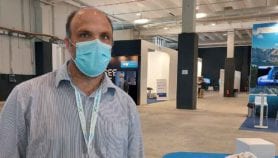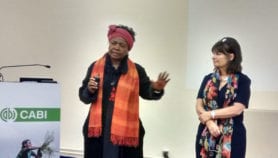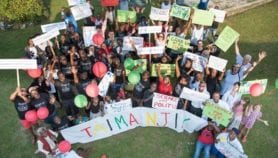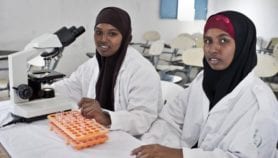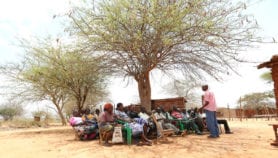By: Luisa Massarani
Send to a friend
The details you provide on this page will not be used to send unsolicited email, and will not be sold to a 3rd party. See privacy policy.
[RIO DE JANEIRO] The European Commission is to give €12.5 million to provide Latin American researchers with high-speed Internet connections that will allow them both to network more easily both within the region and with European-based scientists.
The ALICE project (América Latina Interconectada Con Europa) will be connected to the pan-European research network GÉANT, which was set up in 2001 to link research and educational institutions across Europe.
“This project will provide huge improvements in infrastructure, which will benefit everyone concerned,” says Erkki Liikanan, European Commissioner for Enterprise and the Information Society. “For the first time, Latin American countries will have the high-speed Internet connections necessary for effective research collaboration.”
The initiative has been warmly welcomed in Latin America. Brazil’s minister of science and technology, Roberto Amaral, for example, says: “This is a key decision for the development of science and technology, and it will help to integrate Latin America.”
Jose Luis Ramirez, coordinator of the United Nations University’s Biotechnology Programme for Latin America and the Caribbean (UNU/BIOLAC), agrees. “Many young researchers are trained [abroad] in front-running fields such as bioinformatics, genomics, nano-robotics and proteomics,” he says. “However, these efforts face serious challenges because, once back home, trainees lack sufficient connectivity and hardware to apply their new skills.”
The project will be co-ordinated by the UK-based organisation DANTE (Delivery of Advanced Network Technology to Europe). It involves 18 Latin American countries, and will be partnered by CLARA, the Latin American Co-operation of Advanced Networks.
The European Commission will fund 80 per cent of the project, the remaining 20 per cent coming from Latin American partners. The network should start to operate in January 2004.
More on Networks

Script media release
Journalists offered ‘big break’ mentoring opportunity from Radio Nigeria
03/04/19



